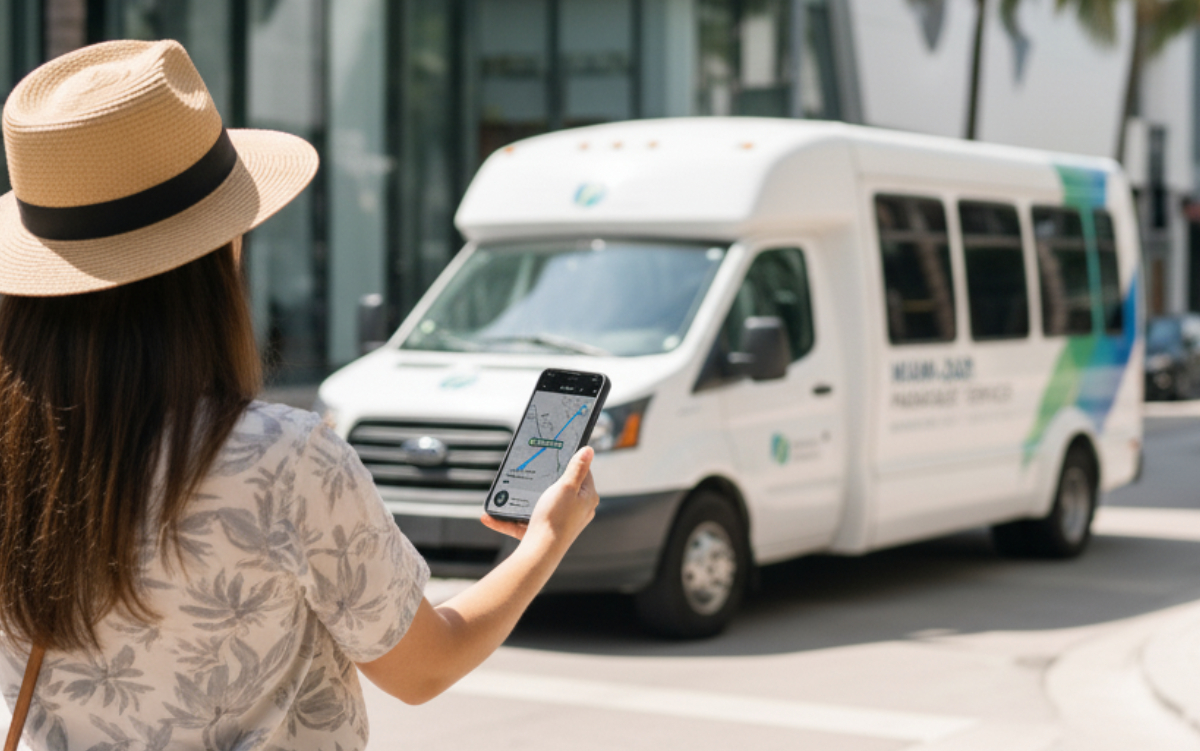


Shotl and Sensible 4 adapt its autonomous driving pilot in Helsinki du

In the face of the coronavirus epidemic, Finland, along with the rest of the world, is facing entirely new circumstances. To slow the spread of the virus and to ease the strain on our health care system, social interactions are being kept to a minimum.
That’s why at Shotl and Sensible 4 we are adjusting our plans for this spring’s FABULOS autonomous driving pilot — one of the main self-driving events for us this year.
The European FABULOS autonomous driving pilot will take place in Helsinki’s Pasila region this spring. Three self-driving vehicles will take to the roads, including GACHA, a shared driverless shuttle bus built by Sensible 4 and designed by MUJI from Japan.
Back in February, the plan was to pick up passengers on a route shown in the Journey planner public transport service, integrated into the HSL Helsinki Public Transport system. But, given the new circumstances, the pilot will now be run as a closed experiment, meaning that the vehicles will not be picking up any passengers, in order to prevent the spread of the coronavirus.
There will be two types of driving each day: continuous driving and driving based on the demand. During peak hours, the vehicles will be continuously driving. In off-peak hours, the Shotl platform will enable operating on an on-demand basis: the vehicles will be waiting at a certain stop and will only move when somebody requests them through the Shotl application. Petitions placed through the Shotl App will be automatically sent as driving instructions to the vehicles and, viceversa, the vehicles will report their positions to the Shotl plaform. During the epidemic, this demand will be simulated in a series of demo sessions that will be performed.
In prior experiments, the autonomous vehicle GACHA has been driving along a predefined route under the watchful eye of a human driver, with no particular connection to the outside world. But if we want small, autonomous buses to operate in our public transport system, they must be smarter. The most significant benefits of flexible, autonomous transportation are attained when vehicles can adapt to passenger needs when moving from one stop to another.
The three vehicles connect to a remote operations centre that uses the SoftBank BOLDLY multi-vehicle platform.
The pilot program will start in mid-April and continue through May and June — every day from 8:30 in the morning to 3:30 in the afternoon. As the corona epidemic winds down, the pilot may be opened for the general public later in the spring or the summer.
What is FABULOS?
FABULOS is a multi-year project funded by the EU, studying public transport based on autonomous vehicles in several European cities. It’s designed to study the validity of autonomous buses as part of a public transport system, collecting experiences along the way. Along with Shotl and Sensible 4, the project includes several participants across the European continent.
Popular posts
22.07.22
The rising role of the 'Community Driver'
Drivers of on-demand bus services, also labelled community drivers, have a very important role as ambassadors of the neighborhood. They are helpful to physically challenged commuters and responsible and trustworthy when caring for minors.
Jonàs Ramírez
21.11.25
How to Make People Trust (and Keep Using) On-Demand Transport Services
Building lasting user trust in Demand-Responsive Transport goes beyond technology: real-time transparency, frictionless UX, consistent performance, clear communication and human support are what turn first-time riders into loyal daily passengers.
Albert Tresserras
29.08.22
Introducing new flexible routes in Kuwait City
A new country joins and enlarges the list of territories using Shotl’s SaaS technology, enabling a solution to the mobility challenges of citizens and workers.


